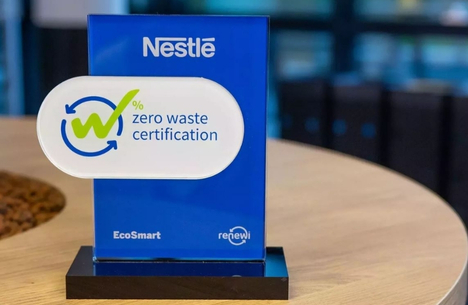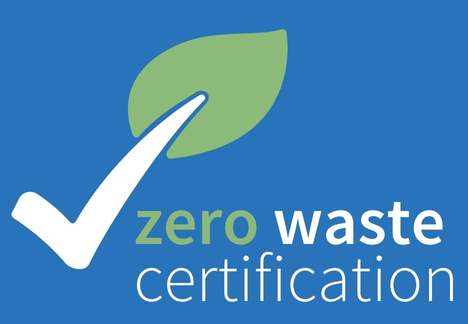What is Zero Waste?
Sustainable Waste Management for a Circular Future Zero Waste is a sustainability principle that is gaining increasing attention worldwide. But what does it actually mean? Zero Waste represents an approach where residual waste is actively prevented. Organisations that adopt this principle aim to create a working environment where only reusable or recyclable materials are used.
The goal?
A world without waste, where all materials are reused or processed in a circular way.
Why choose Zero Waste?
A Zero Waste policy contributes to:
- Lower CO₂ emissions
- Preservation of valuable resources
- A cleaner environment
- A circular economy
- Strengthening of corporate social responsibility (CSR)
It’s not just about reducing your own waste but about minimizing waste throughout the entire chain: from procurement and usage to processing and reuse.

What is a Zero Waste Office?
A Zero Waste Office is a workplace where the entire waste management system is designed to prevent residual waste.
This means every step in the product lifecycle is considered:
- What comes in? (via procurement, employees, or visitors)
- How is it used?
- What leaves the office? (waste streams or reuse)
Even recyclable streams are critically examined. Where possible, they are reduced, replaced, or eliminated.
What Is Zero Waste Certification?
The Zero Waste Certification label is an independent and recognized certification for organizations aiming to operate without residual waste.
With this label, you demonstrate that:
- Your waste policy is focused on sustainability
- All waste streams are treated as resources
- You actively contribute to a circular future
The label provides transparency to stakeholders and shows that your organization consciously chooses minimal environmental impact.

Want to start working without residual waste?
Whether you're a large company or a small organisation: every step toward Zero Waste counts.
Contact us for advice, implementation, or certification.